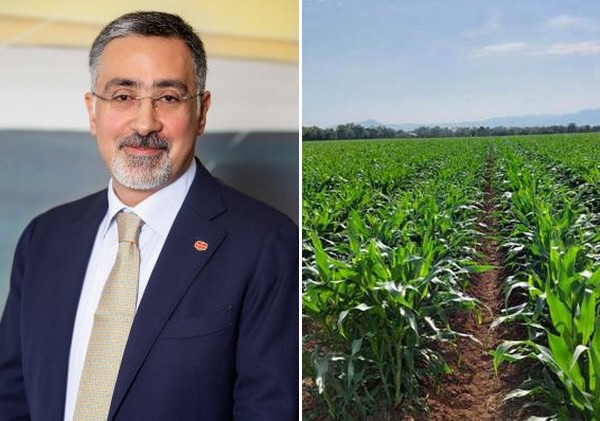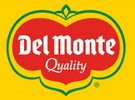Rising food costs. Supply shortages. These are just a few of the topics to consistently hit today’s headlines.
However, one large-scale vertically integrated producer, distributor and marketer of fresh produce--Fresh Del Monte--has moved into the row crop business with a unique approach to, in part, address these global concerns.
Fresh Del Monte is growing row crops on the company’s resting lands in between its core crop seasons and is starting with a white corn crop out of Guatemala that’s set to be harvested next month. It’s also continuing to evaluate hundreds of hectares that are going through resting periods for other crop rotation opportunities, though Mohammed Abbas, Fresh Del Monte’s chief operating officer says the primary focus is on corn and soybean crops. (Though other locations such as Kenya for example, are growing animal feed.)
“The production cycle and location were the primary factors. It is about what grows best in each type of soil and the climatic conditions,” says Abbas, who notes that lands are being evaluated across its operations in the U.S., Chile, Guatemala, Costa Rica, Panama, Brazil, Uruguay, Kenya and the Philippines.
 Mohammed Abbas, Fresh Del Monte’s chief operating officer says the primary focus of this initiative is on corn and soybean crops.
Mohammed Abbas, Fresh Del Monte’s chief operating officer says the primary focus of this initiative is on corn and soybean crops.
Building global supply
Abbas says there are two primary reasons behind this decision, along with the chance to create another stream of income by producing short-rotation row crops.
“The first rationale is to use our lands that we currently cannot use for planting and harvesting pineapples or bananas. Utilizing these lands will help create more jobs and support the local community,” he says. “The second rationale relates to the current global food shortage that we are experiencing because of the geopolitical situation. We felt the responsibility of putting to good use some of our land assets that were resting to add to the global supply of food. Every grain helps.”
At the same time, there are also benefits to the land. These row crops will help maintain the biological balance between both beneficial and harmful pests and crop rotation also reduces the incidence of soil pests, which creates a favorable environment for sustainable core crop production.
Looking ahead, Abbas believes this project has a lot of room for expansion and might even go beyond its existing lands. “As long as it remains profitable and/or as long as there is a worldwide shortage in grains,” says Abbas. “We will go out and work with the small landowners in all locations where we operate to support them as well in producing row crops to maximize yields in their own lands.”
 For more information:
For more information:
Suzette Herrera
Fresh Del Monte
suzette@rockorange.com
https://freshdelmonte.com/
